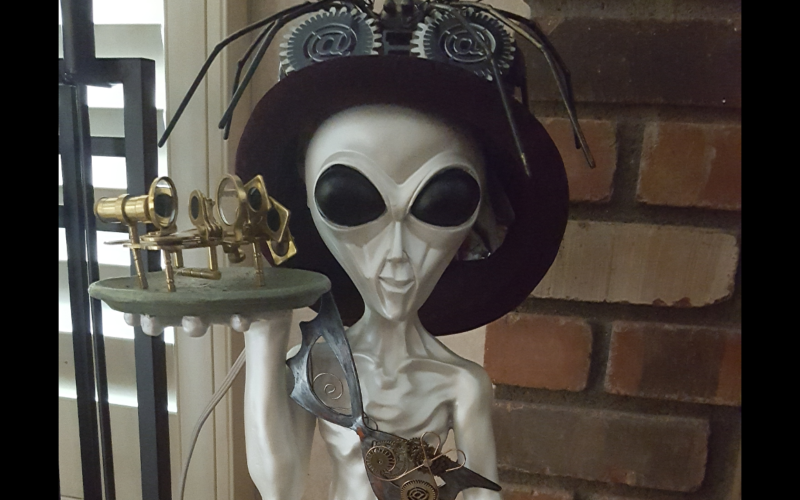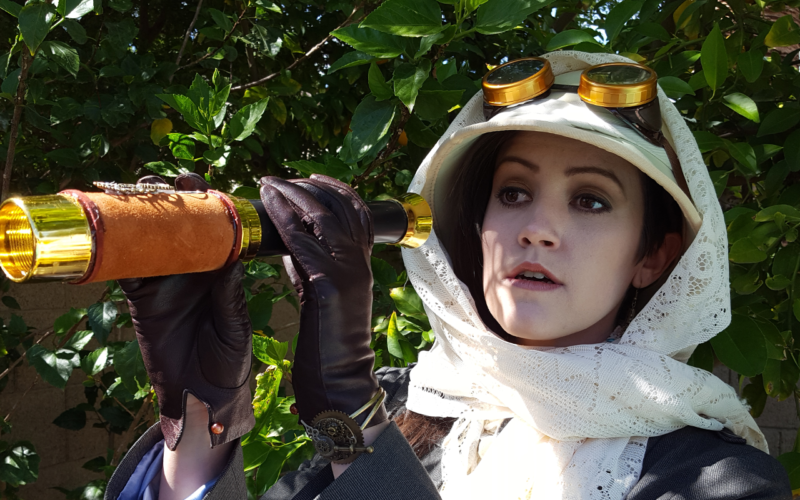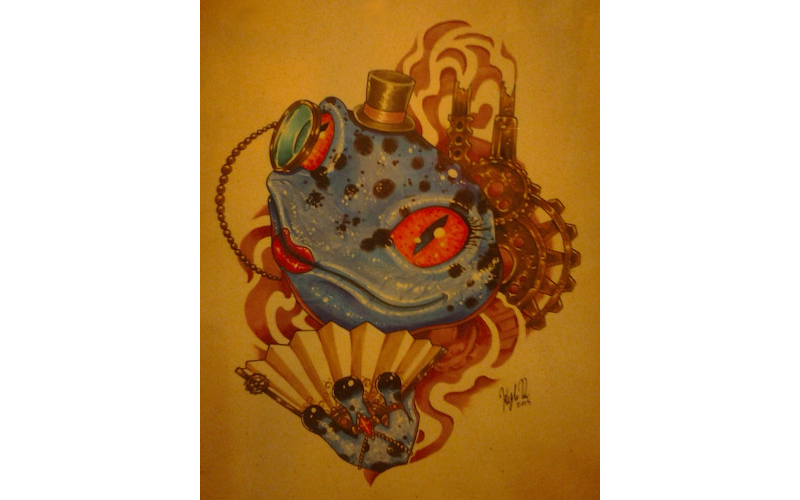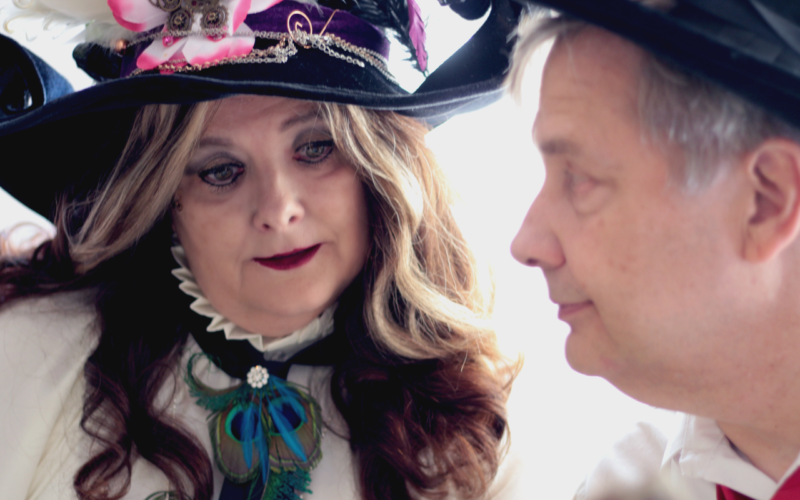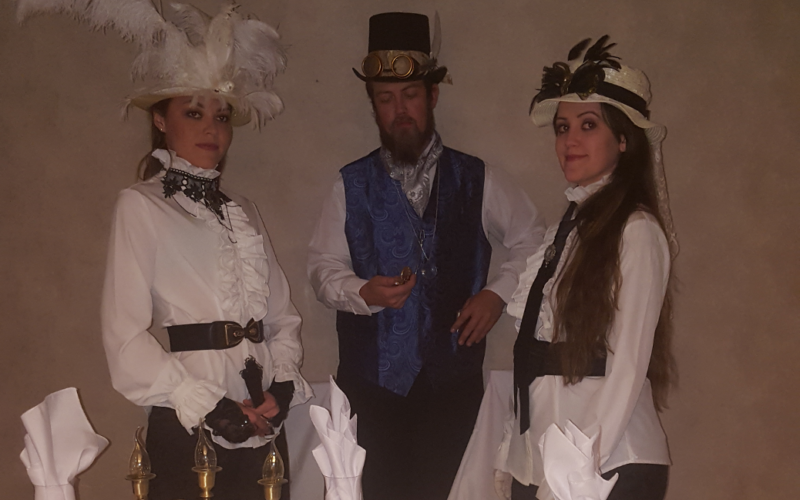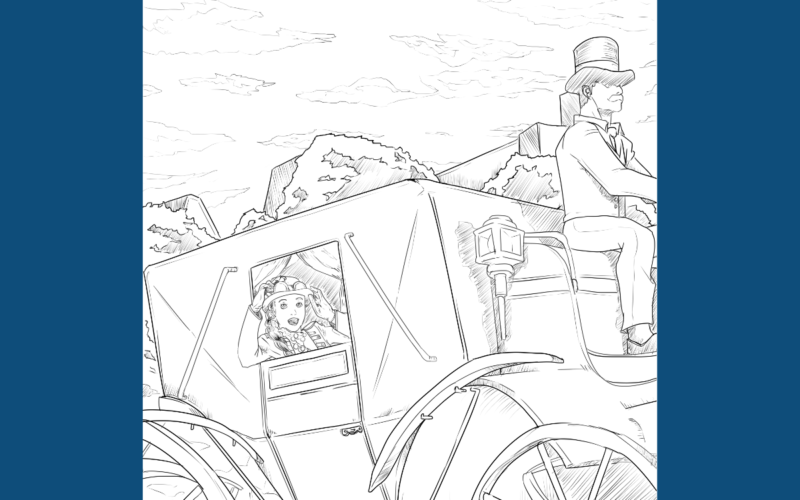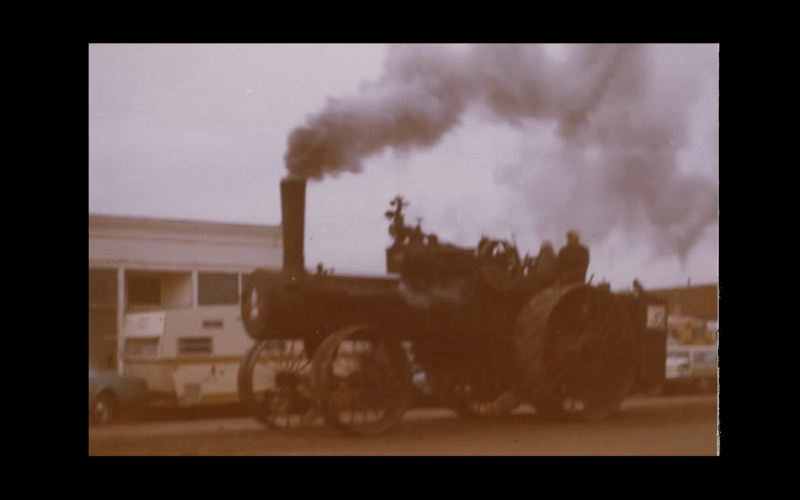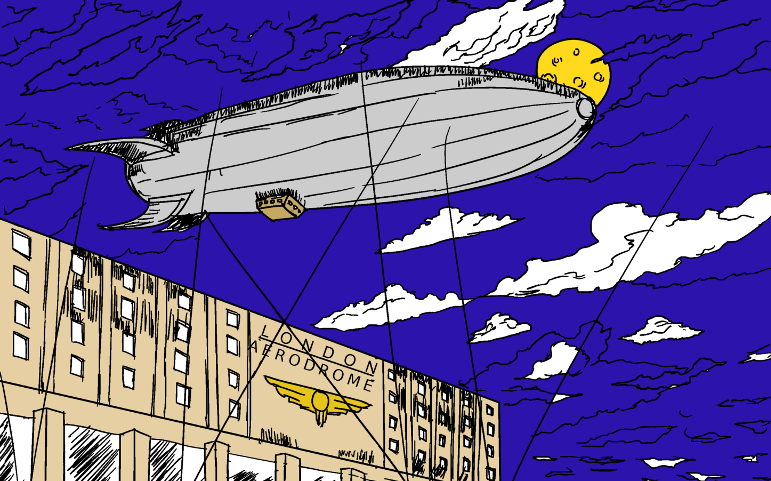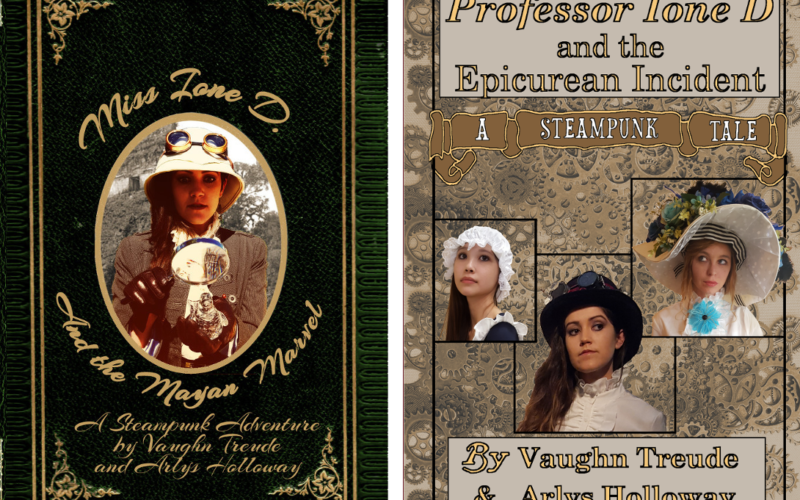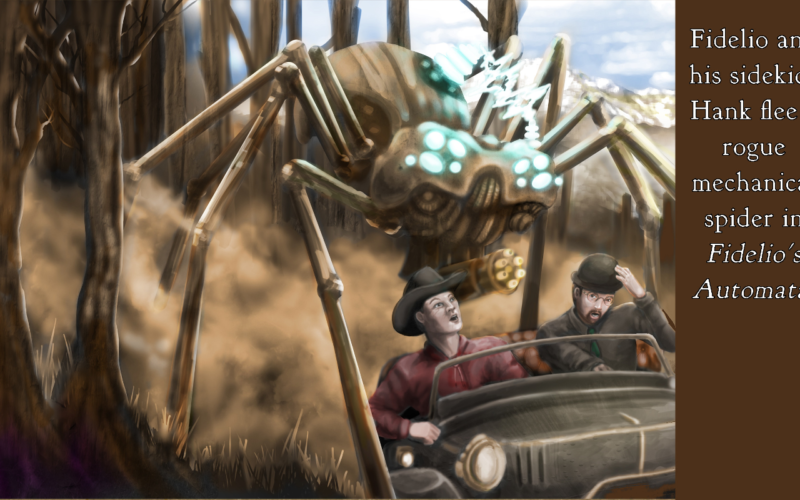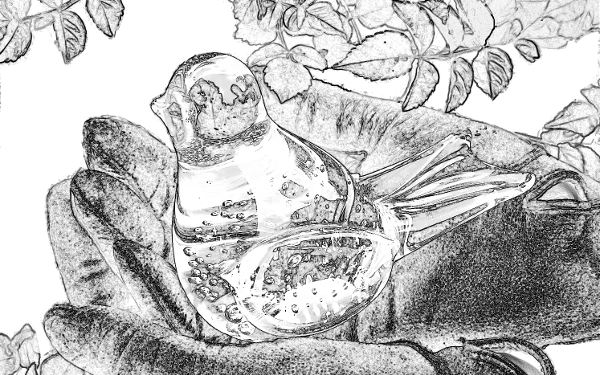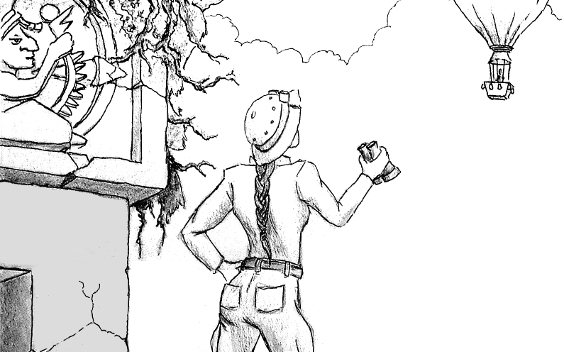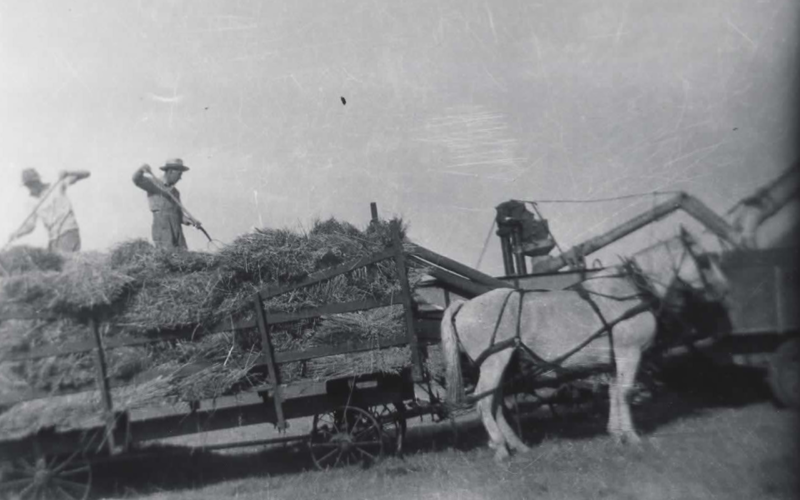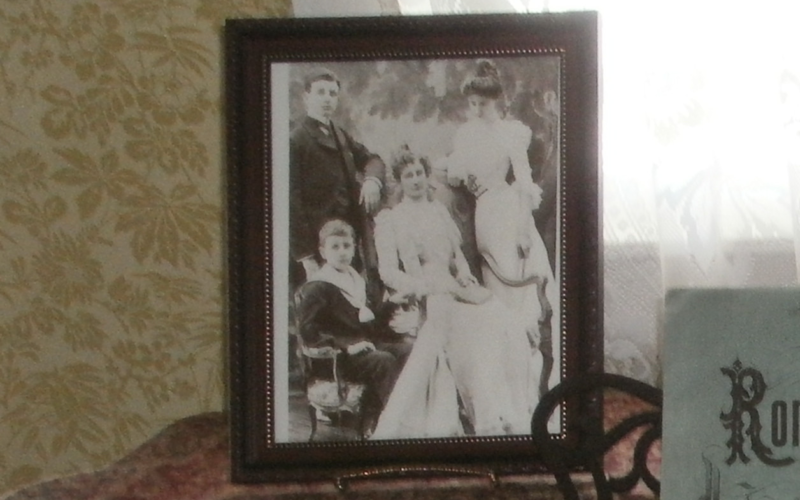
Lately, on the sci-fi blogs that I follow there’s been a resurgence in interest in the classics of the “golden age” of the 1950’s and earlier. These were works that readers loved but critics derided as “pulp,” often unfairly. I began my own exploration of the classics by re-reading a book that I read many decades ago in my childhood – Slan by Alfred Elton (A. E.) Van Vogt. Slan originally appeared in serial form in Astounding Science Fiction in 1940 and later published in hardcover in 1946. It had been such a long time that I literally didn’t remember many of the details.
Slan takes place in a dystopian Earth many centuries in the future. The main protagonist, Jommy Cross, is a slan, a mutant form of human with greater intelligence and strength and most importantly the ability to read minds. The world government, led the dictator Kier Gray, hunts and kills them without mercy. Jommy loses both his parents, the only others of his kind he has ever known. Despite his heightened abilities, he must struggle to survive long enough to recover the secret invention his father has hidden away which is the only hope to save their people.
It’s a fast-paced read with twists and turns every few pages as Jommy gets himself in and out of harrowing scrapes. As with most books of the time, Slan fails to anticipate the Internet, but in many other ways, it’s on the mark, as humankind has stagnated into a highly stratified society without inventing flying cars or colonizing other planets. I greatly enjoyed re-reading it, though the book was not without its problems. Van Vogt’s characters engage in a lot of internal monologue, which feels at times like padding, and sometimes rely on incredible strokes of luck. Nevertheless, I would recommend it to the science fiction aficionado, especially for its historical importance. This book was the inspiration of “persecuted mutant” stories such as Marvel’s X-Men. I’ve also seen echoes of this theme in anime such as Gamon Sakurai’s Ajin: Demi-Human.
Van Vogt’s story is an interesting one. He was born in 1912 in Manitoba, Canada, just a stone’s throw from my home state of North Dakota. At one time he was considered one of the “Big Three” of science fiction (along with Asimov and Heinlein) but later lost his position in that pantheon to Arthur C. Clarke. This was partly due to the vociferous criticism of Damon Knight, founder of the Science Fiction Writers of America (SFWA), who detested Van Vogt’s writing style and politics. Yet luminaries such as Phillip K. Dick and Harlan Ellison cited him as a major influence. Van Vogt passed away in 2000 but in light of his lifetime accomplishments, his work deserves another chance in this new century.
Sources: wikipedia.org, infogalactic.com, castaliahouse.com.

